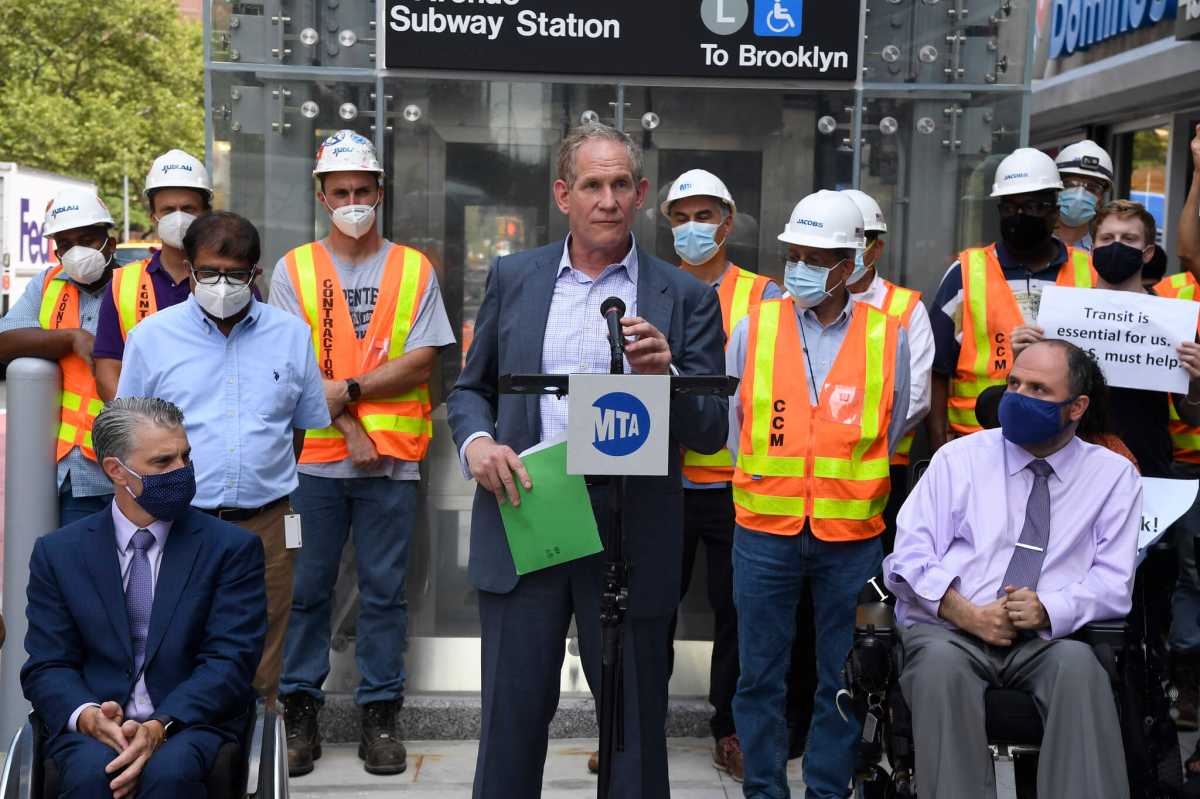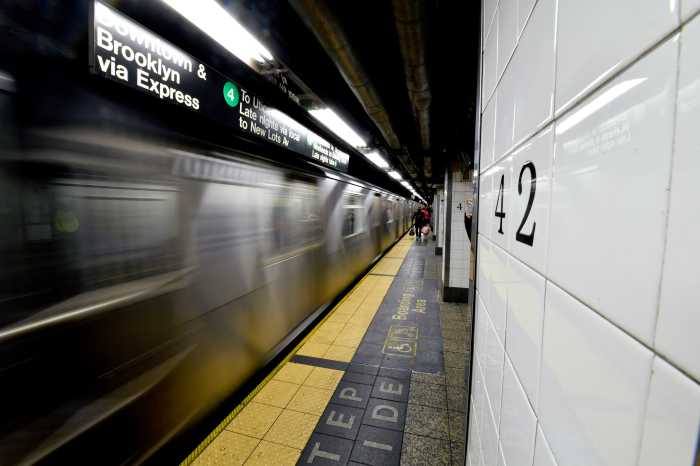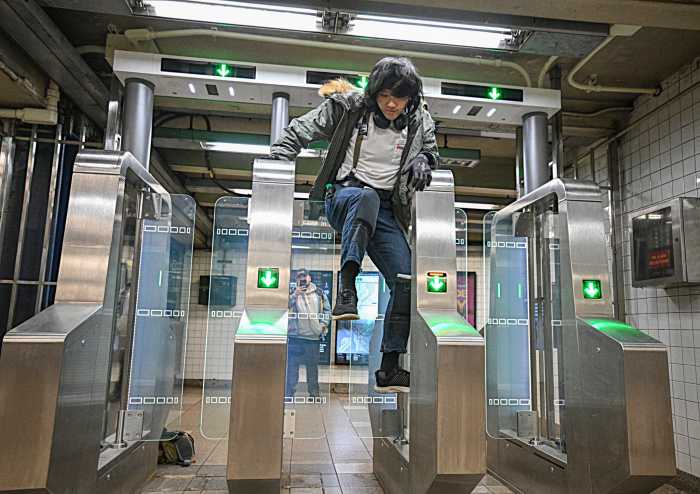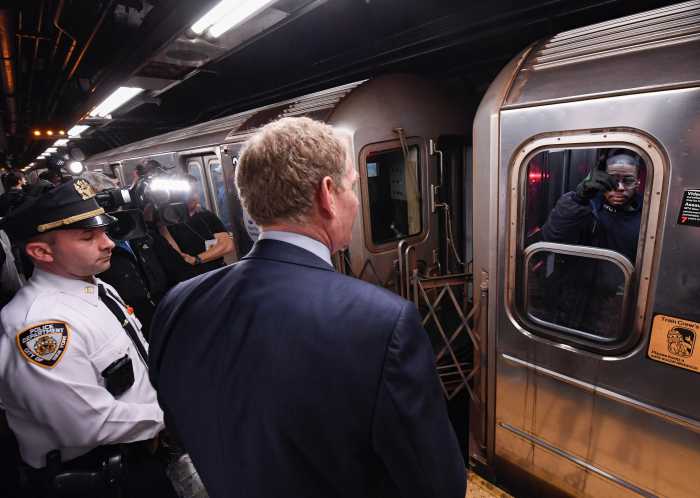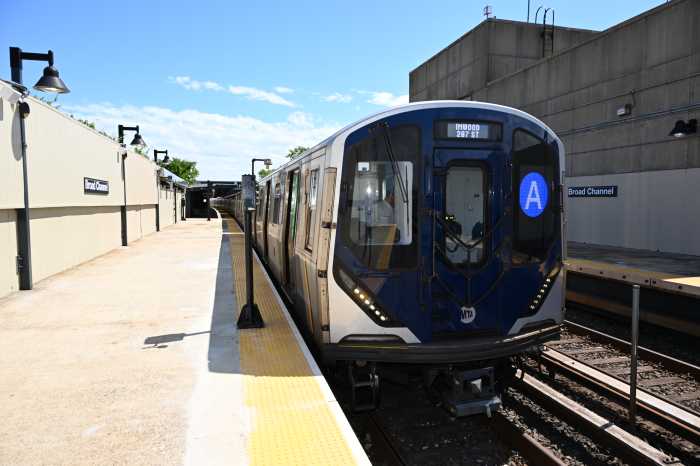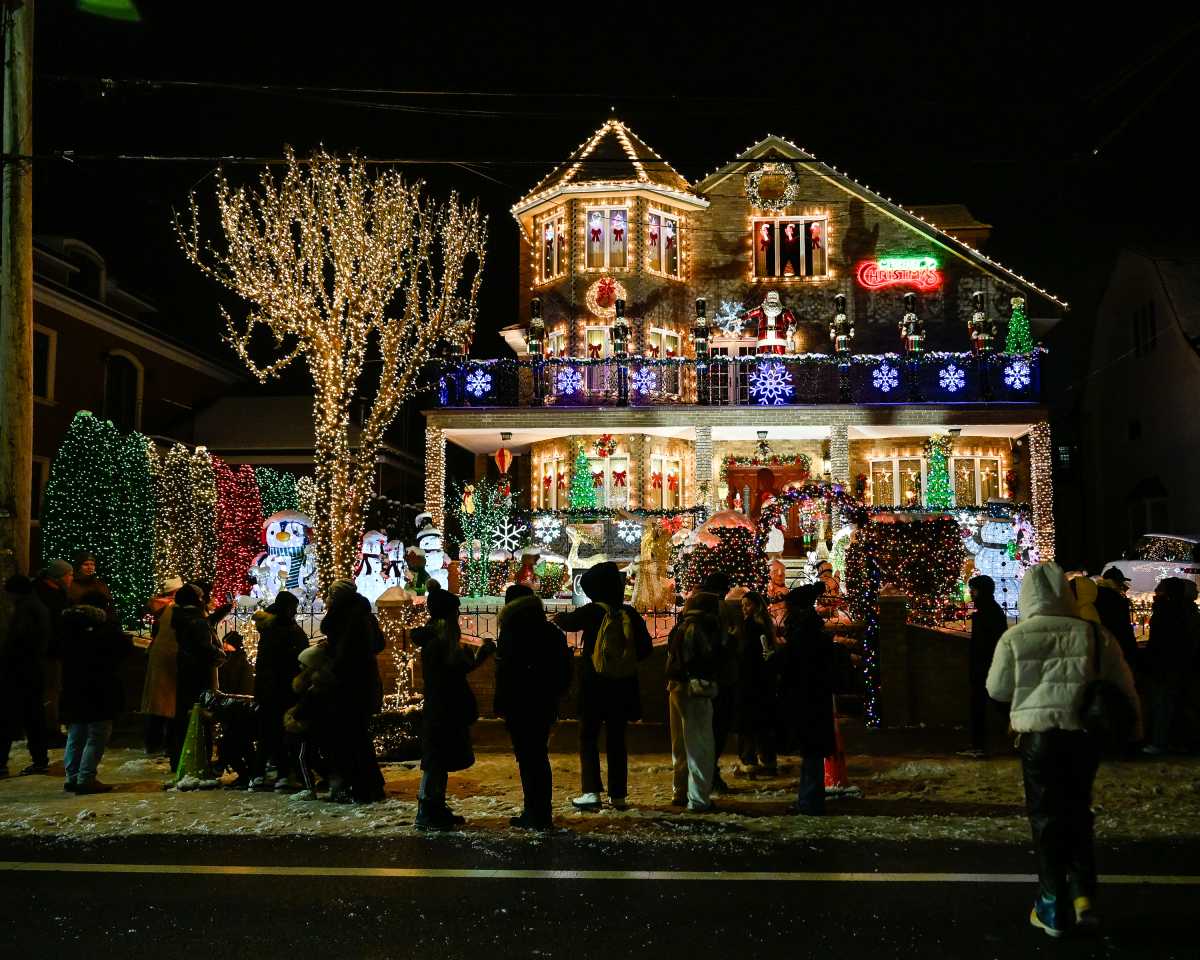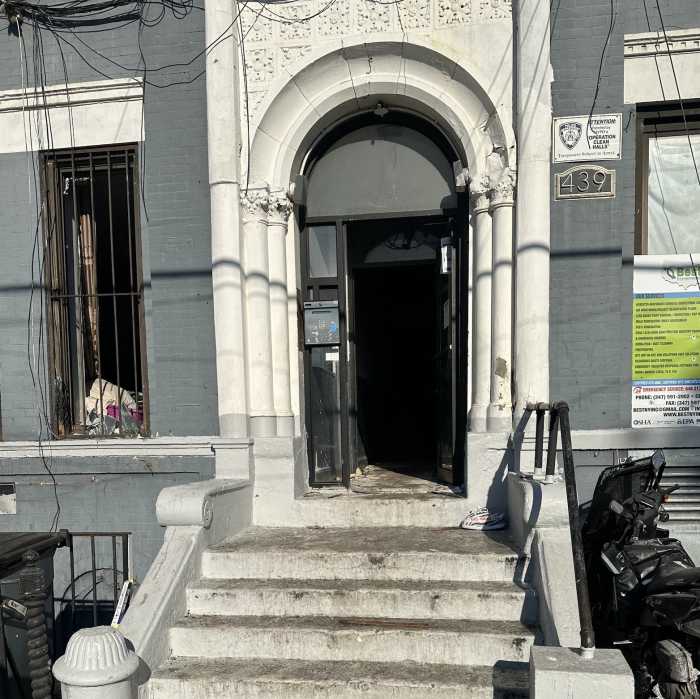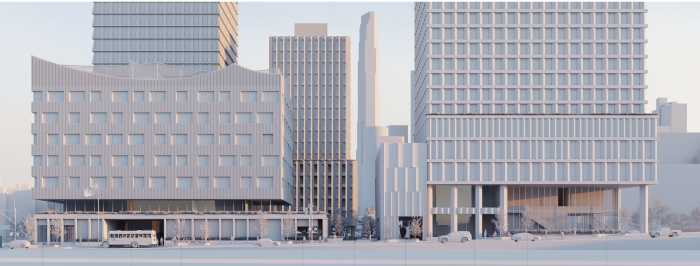The head of the Metropolitan Transportation Authority says he’s “fed up” with unreliable private developers that are operating poor-performing elevators in the subway system.
MTA Chair and CEO Janno Lieber floated the idea Wednesday of transferring oversight of the privately-run elevators to the transit authority, which is doing a better job in keeping the elevators in service.
Lieber’s call comes a month after a City Council report found average outages are thrice as long in privately-maintained elevators — built and maintained by developers in return for generous zoning easements on their projects — compared to ones operated directly by the MTA.
“It’s a sore point with me, personally, that the real estate owners are getting benefits out of that investment, as part of a deal with the city, but that they are in many cases….they’re shortchanging the public by failing to keep those elevators in operation as much as they should be,” said Lieber at the MTA’s monthly board meeting on Wednesday.
Lieber then went a step further and said the agency is mulling taking over oversight of the private elevator program, which is currently administered by the city’s Department of Buildings, to more stringently enforce elevator and escalator performance standards.
“I have asked the staff to look both legally and otherwise about whether the MTA could take over the city’s role in administering and enforcing those agreements,” the chair noted. “I respect the Buildings Department, but they have a lot of work to do to make sure that all the buildings in New York City are safe. We’re the MTA, we will be highly motivated to make sure that those operators do better on elevator and escalator maintenance if we have the ability to do enforcement.”
A spokesperson for DOB said that the agency had not met with the MTA on the issue but was open to alternative arrangements.
“Privately maintained elevators that lead to MTA facilities provide an important accessibility link for New Yorkers in our City’s transit system, and we hold property owners accountable for properly maintaining the elevator devices in our jurisdiction,” said the spokesperson, Andrew Rudansky. “To date, we have not heard from the MTA about their proposal to take over enforcement oversight of privately maintained elevator devices, but we would be happy to meet with our state partners to discuss the issue further.”
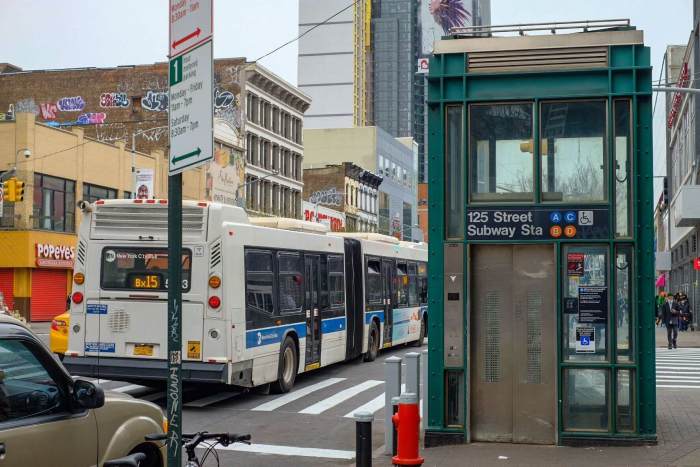
More than 80% of elevators and escalators in the subway system are operated by the MTA, but some are run by private contractors on pieces of land not owned by the MTA. Many are run by private real estate developers, who can increase the legal size of building projects near train stations by agreeing to install an elevator, a public-private partnership under the city’s “Zoning for Accessibility” program.
The problem has been known for some time, with the MTA Inspector General noting the deficiency of private elevators way back in 2011, but Lieber said on Wednesday that he has reached his wit’s end with some developers who don’t even respond to letters of inquiry.
“What’s different now is I’m fed up,” said Lieber. “We have tried a lot of different ways to contact some of these real estate operators and tell them this is not what the public was led to expect when you get a benefit of some kind from your agreement to install and maintain escalators and elevators.”
Lieber specifically highlighted Brooklyn’s busy Atlantic Avenue-Barclays Center station, which got private elevators and escalators as part of the massive real estate deal that produced the Barclays Center, and which he himself uses frequently.
“There was some benefit from the public, and that was part of the deal,” he said. “And it is not well-maintained in terms of cleanliness, and the escalators are down all the time. All the time! And I went down there with the mayor a week or two ago and I was embarrassed.”
Only about a quarter of subway stations are presently accessible for those with disabilities; the MTA settled a pair of lawsuits last June brought by disability advocates, wherein the authority agreed to make 95% of stations accessible by 2055.
But the MTA is still fighting another suit brought by advocates seeking to force reforms to how it conducts maintenance on elevators, along with its communications with the public about outages.
The Council report found that nearly 10% of the system’s 353 elevators are out of service at any given time; broken elevators can leave the passengers who rely on them stranded with few options to get in or out of the subway and go about their day.
This story has been updated with comment from the Department of Buildings
Read more: MTA to Halt 7 Train Service for Maintenance



